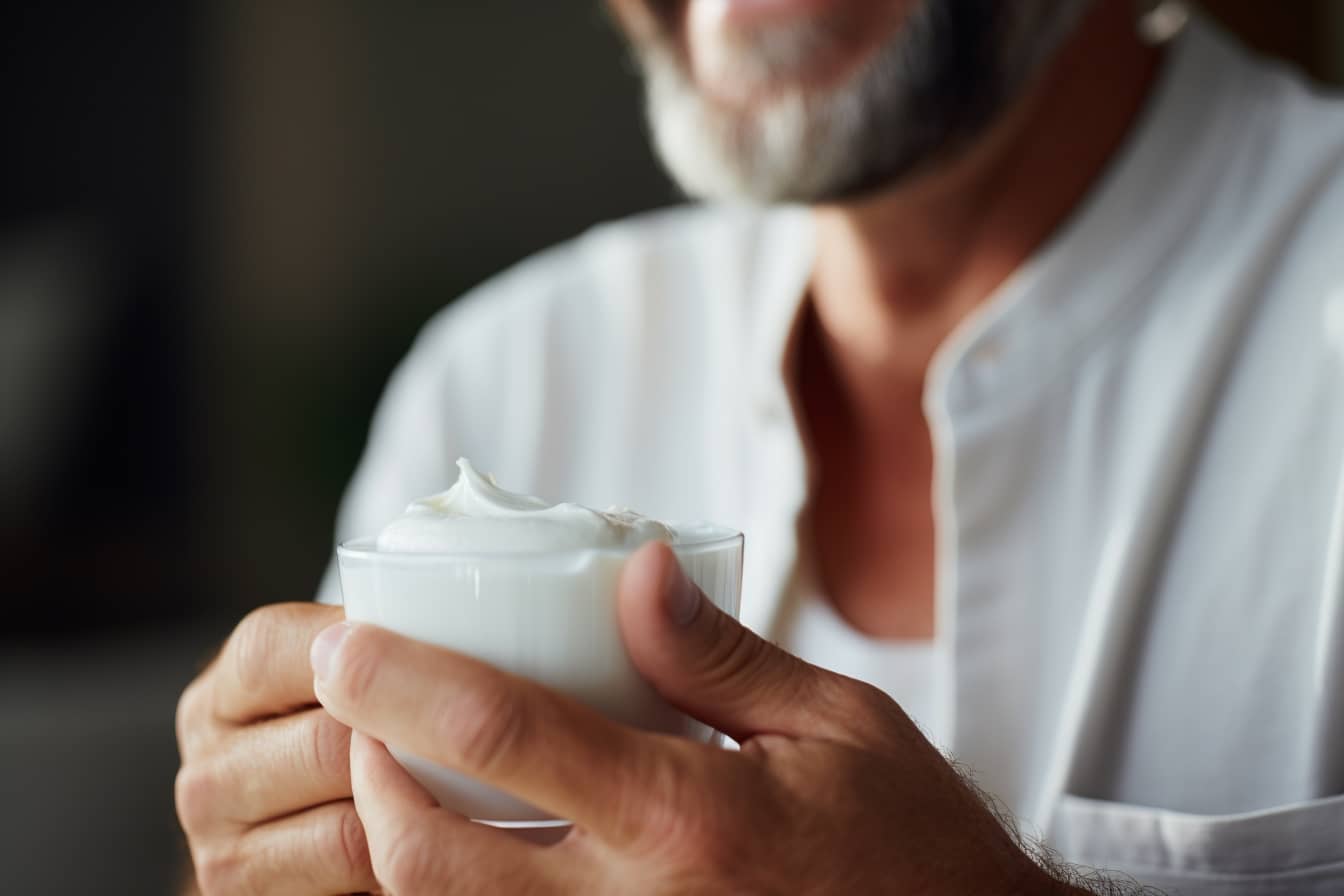Sometimes, in the world of scientific research, the answers to the most complex questions are hidden in unexpected places. A team of researchers at the University of Virginia School of Medicine has made a surprising discovery that could revolutionize our approach to mental health. At the center of this discovery? Lactobacillus, a humble bacterium found in fermented foods like yogurt.
The curious research has revealed how Lactobacillus helps the body manage stress and can prevent depression and anxiety: a factor that paves the way for new therapies to treat anxiety, depression and other conditions related to mental health?
Microbiota and depression: a crucial link
As you know, our intestine is home to countless microorganisms: bacteria, fungi, viruses, old episodes of Friends. These organisms, collectively known as the microbiota, are critical to the immune system and various aspects of well-being.
Illness, poor nutrition or other factors can cause “disruptions” in the microbiota and contribute to many diseases, including cancer. As a result, targeting the microbiota has become a field of enormous interest in fighting disease and improving health, and is already providing important insights.

The innovative “yoghurt” approach of Gaultier and his team
The research team, led by Dr Alban Gaultier, focused specifically on Lactobacilli. Previous research had already suggested that these bacteria could stop depression in laboratory mice, but understanding the underlying mechanism was needed.
Using a bacterial colony, the “Altered Schaedler Flora”, the team was able to observe mouse models with and without Lactobacillus, avoiding the use of antibiotics.
The results showed how Lactobacilli influence behavior and how their absence can aggravate depression and anxiety. Lactobacilli maintain gamma interferon levels, an immune mediator that regulates the body's response to stress and helps prevent depression.
Towards new therapies for mental health?
Armed with the information gathered, the research team is poised to develop new methods to prevent and treat depression and other mental health conditions. It's possible that patients at risk for depression may one day take "medical yogurts," probiotic supplements formulated to optimize levels of beneficial Lactobacillus.
The research, published in the journal Brain Behavior and Immunity (I link it to you here), represents a notable step forward in understanding the microbiome and its impact on mental health. The possibility of using probiotics to positively influence our mental health shows once again how our well-being is closely linked to that of our internal ecosystem.


